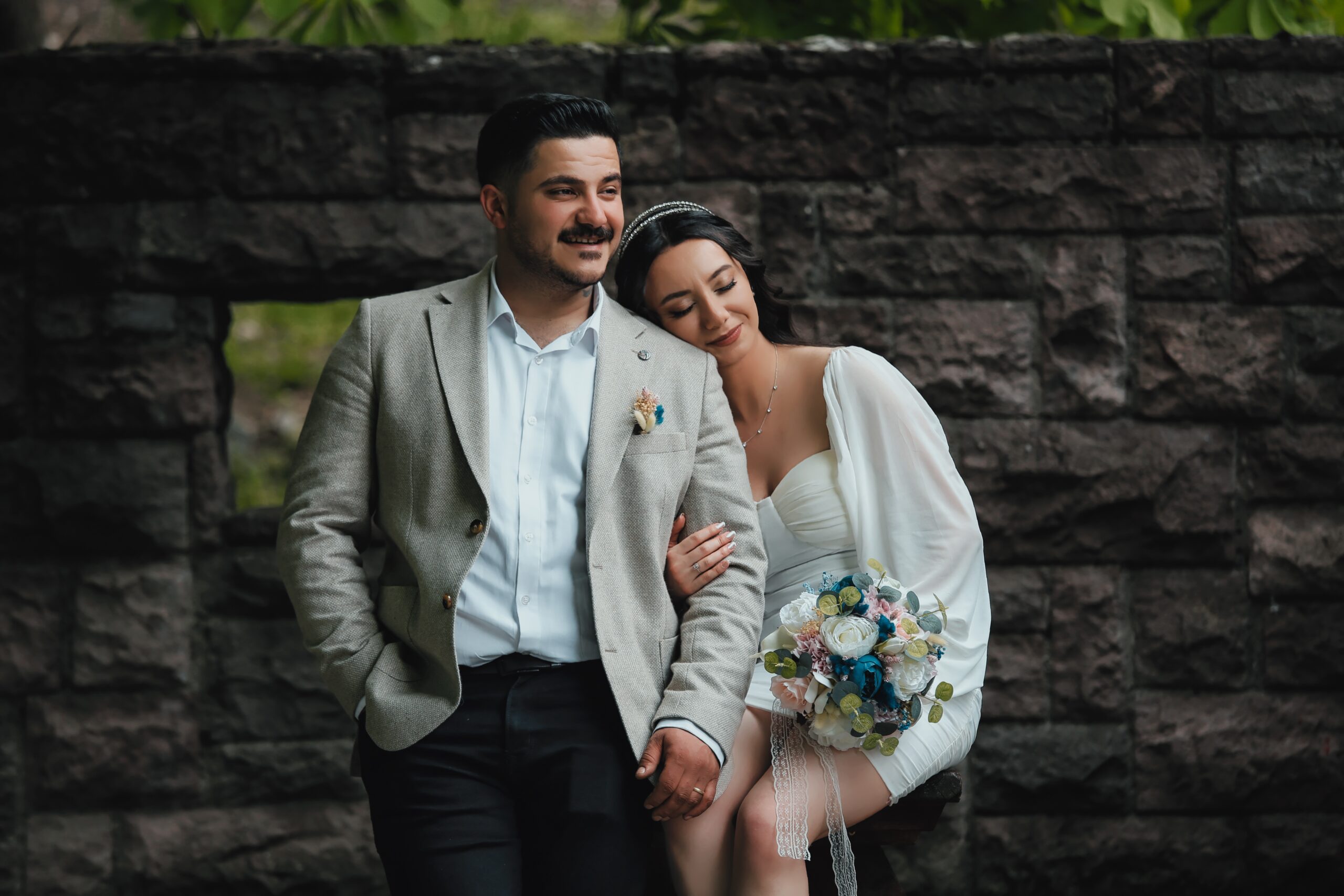Explore the origins, cultural significance, and evolving meanings behind the term “couple.” From its linguistic roots in Latin and Old French to its modern-day implications in relationships, this article delves into why being part of a couple holds such diverse and significant meanings across different cultures and societies.
The term “couple” has evolved over centuries to encapsulate a variety of meanings and contexts, primarily referring to two individuals connected in some form of relationship or association. Linguistically and socially, the word has taken on nuanced meanings that reflect human interactions, partnerships, and the complexities of human relationships. To understand why a couple is called a couple, we must delve into its etymology, cultural significance, and usage across different languages and contexts.
Etymology and Linguistic Roots
The word “couple” finds its origins in Old French, derived from the Latin word “copula,” meaning “bond” or “tie.” Initially, it referred to a pair or duo bound together by a common purpose or relationship. In its earliest usage, “couple” was employed to denote two items of the same kind or a pair that complemented each other.
Over time, the term expanded beyond purely functional or material pairs to encompass human relationships, particularly romantic or marital partnerships. The evolution of language and societal norms influenced the broadening of its meaning to include any two people closely associated or connected emotionally, socially, or legally.
Cultural and Social Significance
In various cultures and societies, the concept of a couple holds significant cultural and social implications. Beyond its linguistic definition, being part of a couple often signifies a committed relationship, whether it be romantic, platonic, or legal in nature. The societal recognition of couples varies widely, from traditional marriages to modern-day civil unions and domestic partnerships.
Couples form the fundamental building blocks of families and communities, contributing to the fabric of society through their shared experiences, responsibilities, and contributions. The acknowledgment and acceptance of couples in different forms reflect evolving societal norms and attitudes towards relationships and personal affiliations.
Psychological and Emotional Bonds
At its core, being part of a couple implies a psychological and emotional bond between two individuals. This bond may involve mutual affection, companionship, support, and shared goals or interests. Psychologically, couples often provide each other with emotional stability, intimacy, and a sense of belonging.
The dynamics within a couple relationship can vary widely, influenced by factors such as communication styles, individual personalities, and external stressors. Understanding these dynamics is crucial in fostering healthy relationships and addressing challenges that may arise within them.
Evolution of Relationship Terminology
Throughout history, the terminology used to describe couples has evolved alongside societal changes and cultural shifts. Terms such as “husband and wife,” “partners,” “significant others,” and “spouses” reflect the diverse nature of couple relationships across different cultures and legal frameworks.
In contemporary usage, the term “couple” remains fluid and inclusive, encompassing a wide spectrum of relationships beyond traditional marital bonds. This inclusivity acknowledges the diversity of human connections and partnerships in today’s globalized society.
Legal and Formal Recognition
Beyond its social and emotional dimensions, being recognized as a couple often carries legal implications, particularly concerning rights and responsibilities. Legal frameworks governing couples vary significantly worldwide, affecting aspects such as inheritance rights, taxation, healthcare benefits, and parental rights.
The legal recognition of couples has evolved to accommodate changing societal norms and demands for equality and inclusivity. This evolution reflects ongoing debates and legislative reforms aimed at ensuring equitable treatment and protection for all types of couples, regardless of gender, sexual orientation, or relationship structure.
Conclusion
In conclusion, the term “couple” embodies a complex interplay of linguistic history, cultural significance, psychological dynamics, and legal recognition. From its humble origins as a descriptor of paired items, it has grown to encompass a diverse array of human relationships and partnerships.
Understanding why a couple is called a couple requires an appreciation of its linguistic roots, cultural implications, and evolving social contexts. Ultimately, the term reflects the enduring human need for connection, companionship, and mutual support in all its forms.
FAQS
- What does the term “couple” mean?
The term “couple” generally refers to two individuals who are connected or associated in some way, often implying a close relationship, whether romantic, platonic, or otherwise. - Why is a romantic pair called a “couple”?
The term “couple” originated from Latin and Old French, where it denoted a bond or tie between two entities. Over time, it evolved to encompass pairs of people united by emotional, social, or legal bonds, particularly in the context of romantic relationships. - What is the cultural significance of being part of a couple?
Couples play a crucial role in societal structures, forming the basis of families and communities. Culturally, being part of a couple is often celebrated and recognized through rituals, ceremonies, and legal frameworks that affirm their bond and responsibilities. - How has the terminology for couples evolved over time?
The terminology used to describe couples has evolved alongside societal changes and attitudes towards relationships. Traditional terms like “husband and wife” have expanded to include gender-neutral terms such as “partners” or “spouses,” reflecting the diversity of relationships in contemporary society. - What are the legal implications of being recognized as a couple?
Legal recognition of couples varies widely across jurisdictions and can impact issues such as property rights, inheritance, healthcare decisions, and parental responsibilities. The evolution of legal frameworks aims to ensure equitable treatment and protection for all types of couples. - What psychological factors contribute to a strong couple relationship?
Psychological factors such as mutual respect, trust, effective communication, and shared goals contribute to the strength of a couple relationship. Understanding and nurturing these dynamics are essential for fostering healthy and fulfilling partnerships. - How does being part of a couple contribute to personal and social well-being?
Being part of a couple can provide emotional support, companionship, and a sense of belonging, contributing to overall personal happiness and social connectedness. Strong couple relationships often enrich individuals’ lives and strengthen community bonds.
